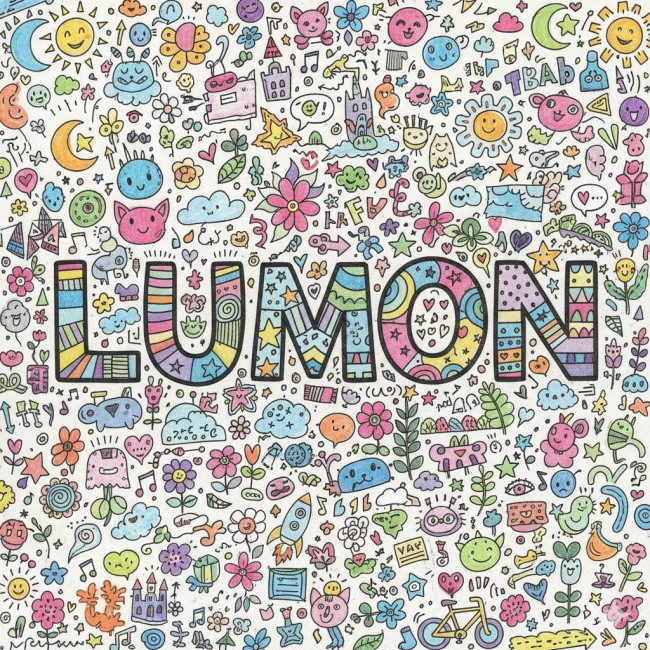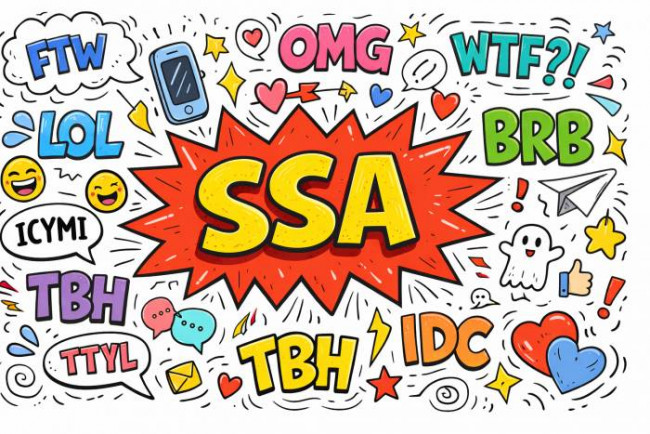Most writers live under a quiet pressure that never quite leaves the room: the expectation to produce. Drafts pile up, deadlines press closer, and with every keystroke comes the question of whether it’s enough. In that kind of atmosphere, the very idea of setting aside a day to do absolutely nothing feels irresponsible, even indulgent. And yet, for writers, nothing may be the most essential part of the process.
The Hidden Power of Stillness
We’ve been told that success belongs to those who grind, that progress comes only from word counts and daily pages. But the brain has its own rhythms. Neuroscientists studying creativity point to something called the default mode network, the part of the mind that lights up when we daydream or drift. Creativity is less like a factory and more like a field; you cannot strip it bare day after day without allowing it to replenish.

A “do nothing” day is not laziness. It is the intentional act of stepping away, of giving space for silence to breathe. Sometimes that looks like lying in bed watching light move across the walls, or wandering through a neighborhood with no headphones, letting the ordinary sounds of life fill your head. These pauses allow the mind to wander without a taskmaster standing over its shoulder. Psychologists call this incubation: the stage when answers appear only after you’ve stopped demanding them.
Why Rest Shapes Better Writing
Rest does more than give you a break, it actually helps your brain work better. When you pause, your mind organizes memories and clears space for new ideas. Stress does the opposite. It squeezes your focus so tightly that imagination has no room to grow. Even boredom, which we usually try to avoid, can be useful. Studies have shown that people often come up with their most original ideas after sitting through dull tasks. What feels like “wasted time” is often the moment your creativity wakes up.

Writers sense this naturally. Take a break from a tricky draft, and suddenly the mistakes stand out the next day. Step away from a blank page, and a line of conversation overheard in a café might spark a new idea. The energy you thought was gone isn’t lost, it’s simply gathering strength. Writing without rest can feel flat, but with pauses, the words find their rhythm again.
Giving Yourself Permission to Pause
The hardest part about doing nothing isn’t the act itself, it’s letting yourself believe it counts. We live in a world that celebrates being busy, and many writers measure success by how many hours they’ve spent at the desk. Taking a whole day off can feel like you’re slacking. But if you think of rest as part of the writing process, the guilt starts to fade. Stepping back gives your words the strength to last longer than one rushed deadline.
Every writer works differently. Some write in quick bursts, others in slow, steady sessions. But all writers eventually hit a wall where the words stop coming. A “do nothing” day helps you climb over that wall. It reminds you that good sentences don’t just come from effort, they also come from quiet moments when you let your mind drift. Writing isn’t only about what you put on the page; it’s also about what you notice and gather when you step away.
So if the words feel stuck, don’t push harder. Close the notebook, take a walk, or simply sit still.











Comments